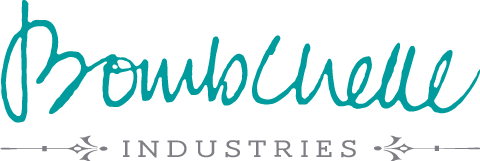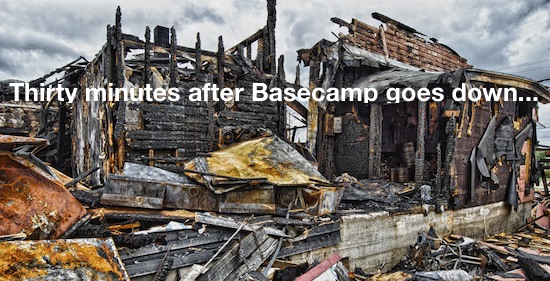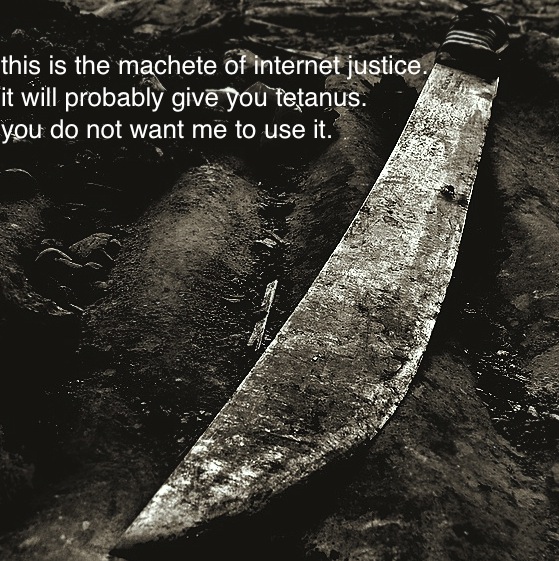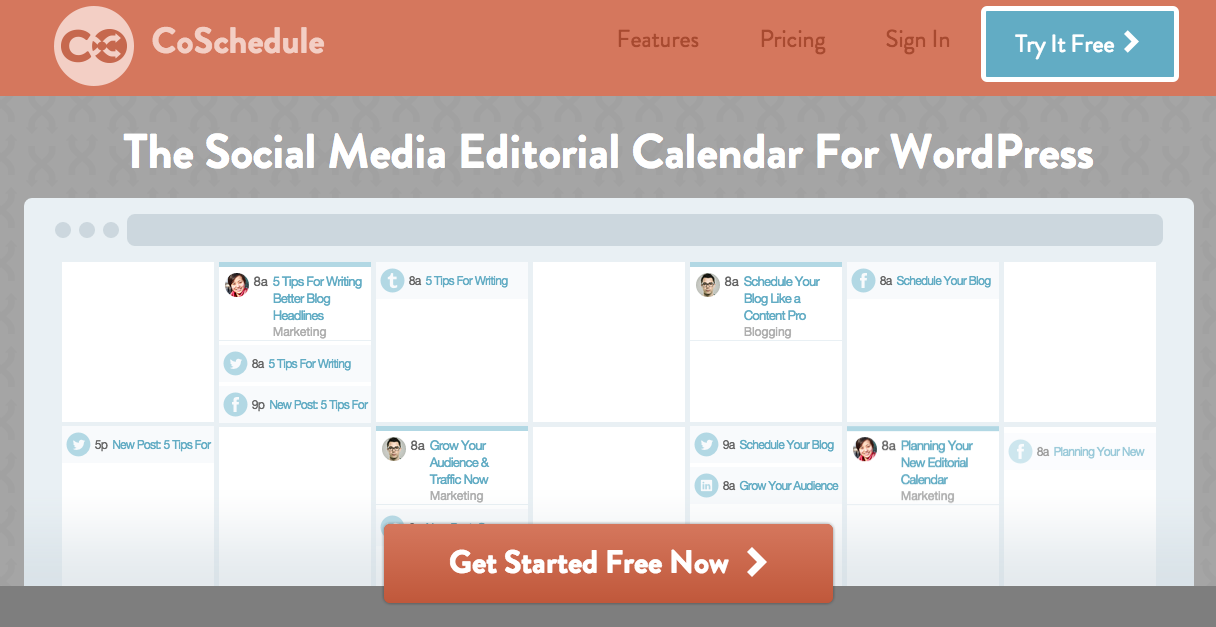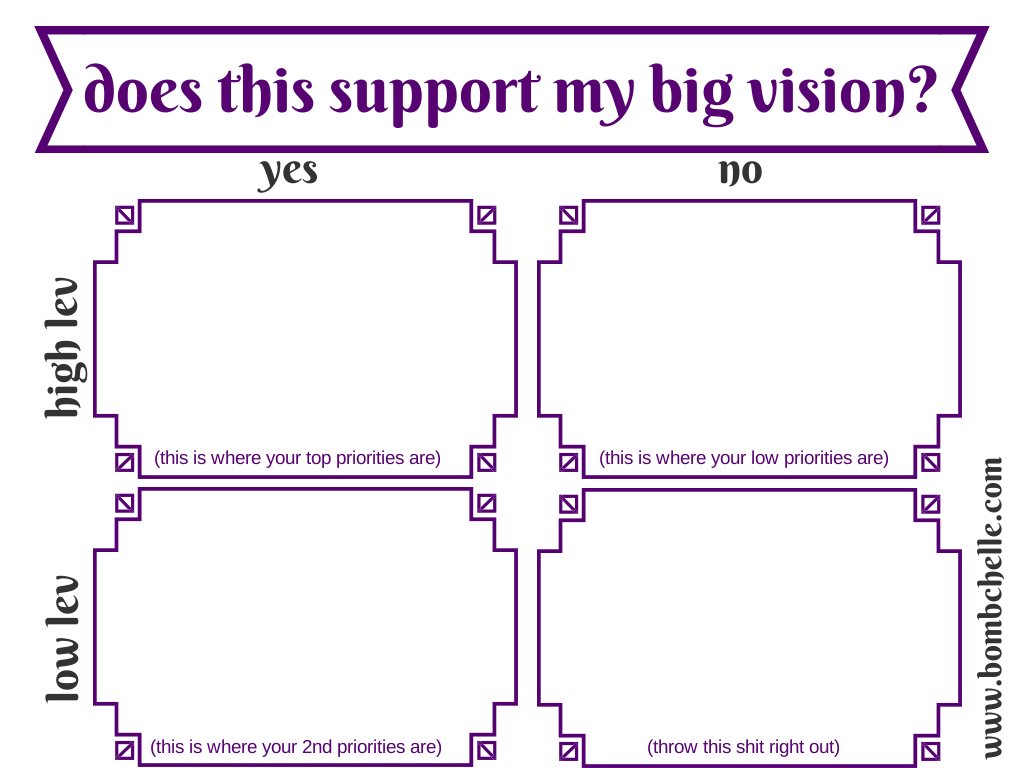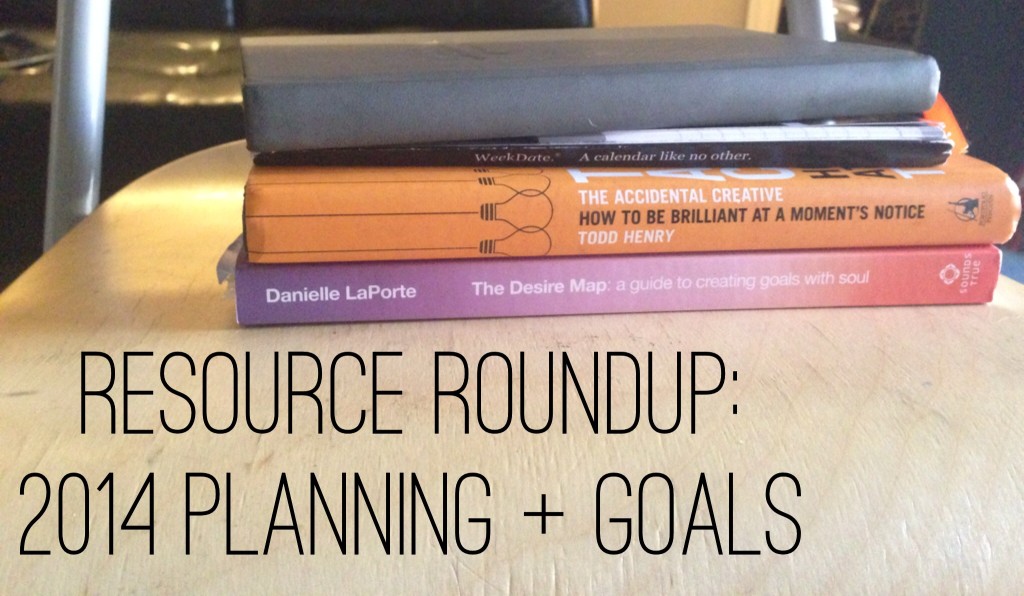Asking for help sucks. Do it anyways.
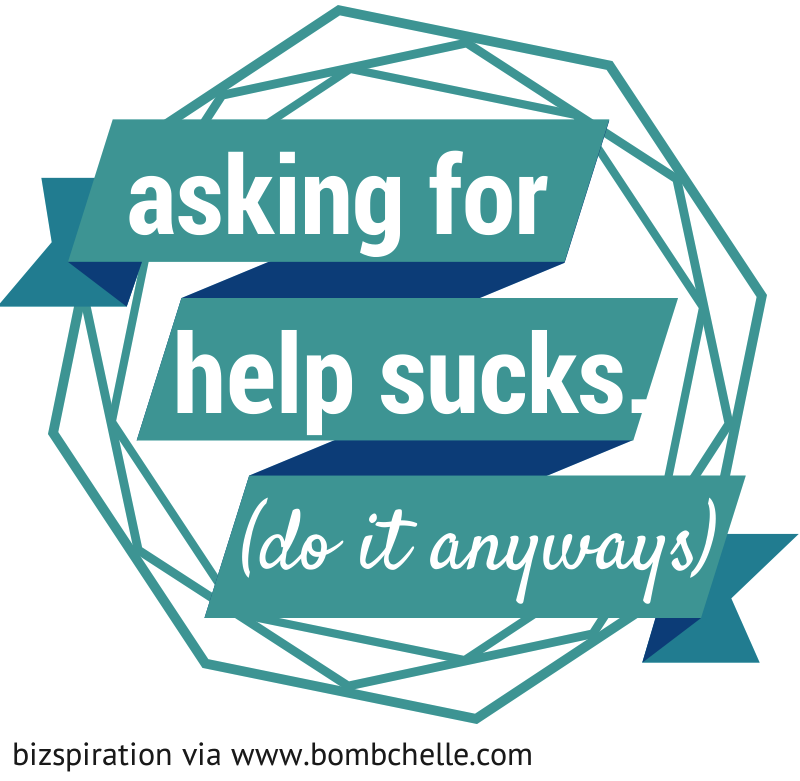
I have really bad luck with doctors.
I choose to believe that, because the other option is believing that the majority of doctors in the US are egotistical, arrogant assholes entirely lacking in compassion, and that is just too bleak for me.
Last year, in the wake of some horrific side effects caused by the SSRI I was on for anxiety, I went to a doctor to get assistance in getting off the meds. I had hardly slept for the last 4-6 weeks, my appetite was zero which meant I’d lost some 10 pounds in that time as well (and y’all, I’m optimistically 5’2″ – so that’s not a small amount for me), and I’d been having inexplicable crying jags for hours on end almost every day. Plus, the meds totally tanked my sex drive and we all know that’s no bueno. I was scared. I was frustrated. I was so out of it I almost walked outside without pants on at one point.
That visit was one of the most dehumanizing experiences I’d ever had in my life. Though the nurse looked visibly concerned for my well-being, the doctor, as near as I can tell, decided I was a junkie after a minute or less of interaction with me and had absolutely no sympathy or compassion for my pain and fear. She told me she wouldn’t help me get off of the medication and that in her opinion, I should stay on it, but get off the other medication which wasn’t giving me side effects.
I went outside, sat in the car, and cried for a solid five minutes before I was capable of driving. I got home, looked at the medication documentation, did some more research, and discovered that the side effects I was having were indicative of a negative reaction so strong, patients usually become suicidal.
I got off the SSRIs by myself and dealt with the hours of migraines and other withdrawal symptoms totally alone (along with, oh joy, another few weeks of the aforementioned side affects).
A few weeks ago, I had a doctor’s appointment that didn’t go quite that badly, but started out with, “…and, obviously, keep your number of sex partners low…if you can” and progressed to “Some people have painful periods, I don’t know what to tell you,” accompanied by a shrug.
(Which is true, sure, but puking/dry heaving for over an hour because of the pain? Not normal, sorry, and you could at least act a little more sympathetic about it if you’re effectively going to tell me to bugger off.)
My GP that I started seeing earlier this year is absolutely amazing. I have found myself on the verge of tears at the end of an appointment because it is so glorious to be listened to with compassion and, sadly, so unusual. But after the above incidents and several smaller-but-still-not-fun ones, I now approach any doctor’s appointment with a high level of trepidation.
If you’re freelancing, self employed, or any kind of an entrepreneur, you’re not in it because you want to be told what to do.
You’re in it because you have an independent streak a mile wide (possibly wider). You’re in it because you saw a better way to do things. You’re in it because you (hopefully) want to make a positive difference.
And sometimes, you’re scared shitless, frustrated and pissed off, or just confused, and you don’t know what to do.
And that’s okay.
My luck with business coaches is not anywhere near as bad as my luck with doctors, but it has been spotty, for sure. I’ve been burned once or twice, but my main problem is actually something entirely different:
- I choose to work with people and they get excited about a particular idea for me
- I get excited because they’re excited
- And also, I’m paying them, so I should be listening to them
- And also also, I’m paying them because I believe they know what they’re talking about
- …which is yet another reason I should listen to them and this idea that they have for me is probably the Best Thing Ever™
This means, after I’m done working with a particular person:
- I fizzle out on whatever ideas they gave me – because my enthusiasm was contagious enthusiasm, not real enthusiasm.
- I’m left feeling hopeless, like I’m spinning my wheels and/or “doing it wrong,” because I can’t or don’t actually want to make this idea work.
- And honestly, I usually feel like I’ve wasted my money (…again) – even though I know that person XYZ is brilliant and I always learn something of value, a month or two later, I feel like I’m back at square one.
Not ideal. Obviously.
It’s hard to get up the courage to ask for help. It feels vulnerable and annoying and like you’re walking around with a big fucking bullseye on your back and a sign that says, “Hey! I can’t figure this probably-really-simple thing out! Come mock me for my unmatched idiocy!”

It’s even harder to ask for help when, after you got up the courage to do it initially, you had less than desirable results.
Like not being listened to or ideas that go nowhere. But you have to do it anyways.
Because just like ignoring a health problem isn’t going to make it go away (why yes, I am seeking a second opinion), ignoring the fact that you inevitably have blind spots in how you’re working (whether that’s planning, or setting up follow up systems, or prioritizing, or coming up with the over-arching theme to your services, or…you get the idea) isn’t going to get you anywhere. It’s just going to fester until it gets worse.
Which is why I am giving the whole “asking for help” thing yet another go. Even though it’s scary and hard not to doubt.
And I hope you do, too.
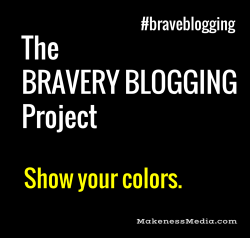 This post is part of the Bravery Blogging Project hosted by Illana of Makeness Media. You can find other posts that are part of the project & join in here, or by using the #braveblogging hashtag.
This post is part of the Bravery Blogging Project hosted by Illana of Makeness Media. You can find other posts that are part of the project & join in here, or by using the #braveblogging hashtag.
